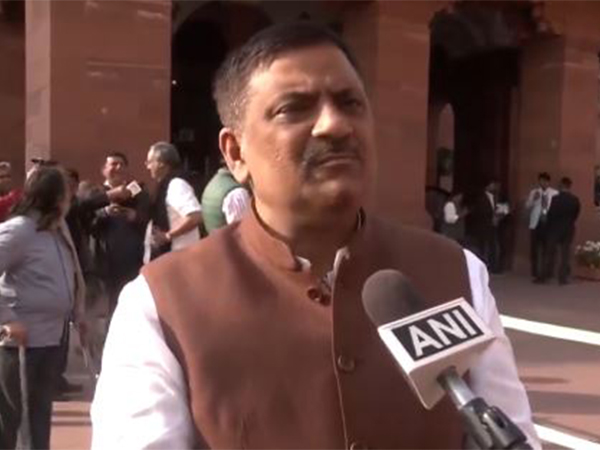Unified Polls: India's Path to Reduce Electoral Chaos
India moves closer to implementing the 'One Nation, One Election' model following Union Cabinet approval. Advocates argue it will streamline governance, reduce costs, and enhance development focus. However, consensus building remains crucial, with potential economic benefits highlighted, such as a GDP boost by 1-1.5% through unified election cycles.

- Country:
- India
JD(U) MP Sanjay Kumar Jha has thrown his support behind the proposed 'One Nation, One Election' bill, citing long-standing advocacy by party leader Nitish Kumar for simultaneous Lok Sabha and Vidhan Sabha elections. Jha emphasized the disruption to public and developmental work due to perpetual election mode, noting a single election could significantly reduce expenses.
LJP (Ram Vilas) MP Shambhavi Choudhary echoed support, highlighting the bill's potential to save time and resources, boosting national development. She stated elections distract from pressing issues, with the initiative poised to optimize resources and focus on development post-election.
BJP MP Kangana Ranaut added her voice to the chorus of approval, pointing to 'One Nation, One Election' as crucial for alleviating the financial strain of frequent elections. Ranaut stressed the challenge of maintaining voter turnout with persistent election cycles, asserting the initiative's timeliness and broad backing as the Union Cabinet approved the bill.
Former President Ram Nath Kovind, chairing the relevant committee, underscored the need for consensus, emphasizing the initiative transcends party politics and offers potential GDP growth of 1-1.5% through economic savings. The cabinet's approval aligns with recommendations to hold simultaneous elections nationwide within 100 days, marking a major step toward Indian democratic reform.
Prime Minister Narendra Modi hailed the decision as pivotal for strengthening democracy, lauding Kovind for his leadership and inclusive consultations. The forthcoming comprehensive bill is anticipated to cement this reformative shift, signaling a new era for India's electoral process.
(With inputs from agencies.)
ALSO READ
Maharashtra Political Chessboard: BJP Accused of Sidestepping Eknath Shinde
Delhi High Court Criticizes Health Facilities Amid BJP MPs' Push for Ayushman Bharat Scheme
BJP and Opposition Clash Over EVM Controversy Post-Election
BJP Criticizes Himachal Government as Congress Prepares Two-Year Celebration
Kerala BJP Chief's Showdown with Media Over By-Election Setback










